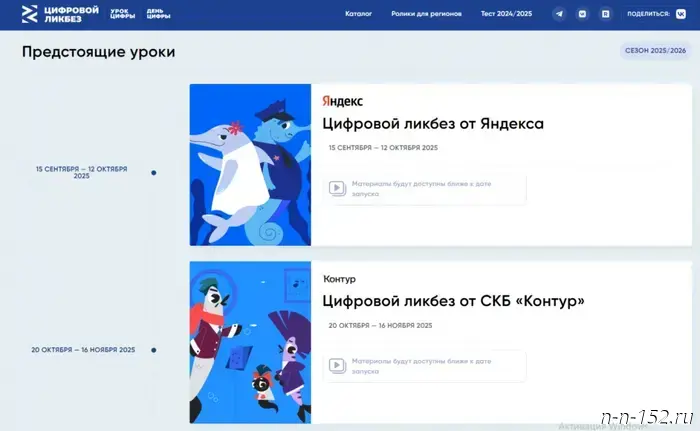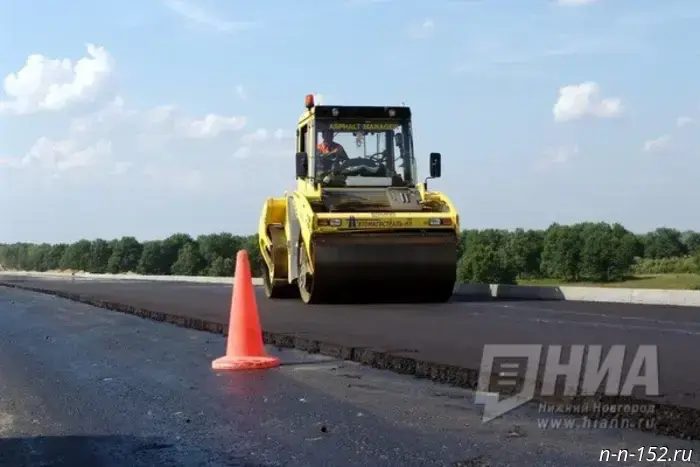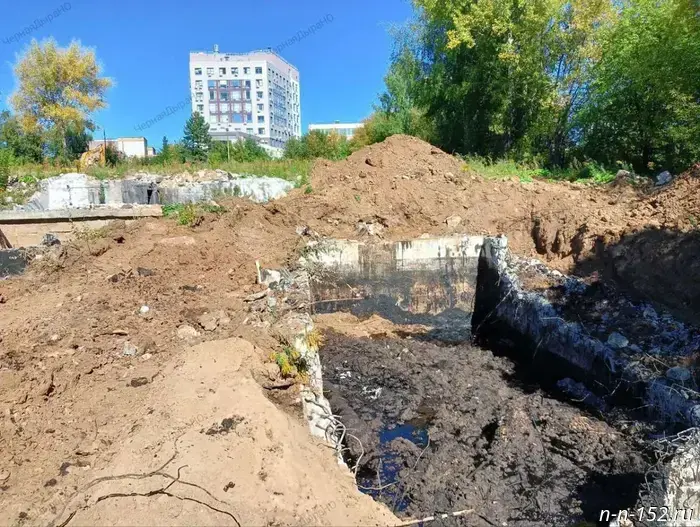
Nizhny Novgorod schoolchildren will be told about deepfakes as part of the "Digital Literacy" project.
September 10, 2025 13:00
[77]
Society
Nizhny Novgorod schoolchildren will be told about deepfakes as part of the "Digital Literacy" project. Experts from Yandex in the field of artificial intelligence have prepared a video lesson about deepfakes and how to recognize them in time to protect against possible threats. The lesson is aimed at children aged six and up, but will also be useful for adults — for example, parents or teachers who talk to children about digital safety.
Deepfakes are images, videos and audio recordings generated by neural networks that show things that never happened in reality. Their protagonists are often famous people, such as politicians or actors.
Deepfakes are usually created simply for entertainment, but this technique is also used by malicious actors, including in communications with children. For example, they can fake the voice of someone close to a child to persuade the child to act in their interests.
"New and ever more measures are being developed and adopted in Russia to combat cybercrime, which involve not only the introduction of additional instruments of enforcement at the legislative level, but also educational activities. These address different generations, and we place particular emphasis on the youngest users, who also often become victims of fraudsters despite the widespread stereotype that the main targets of criminals are elderly people. A variety of schemes are used to deceive schoolchildren, mostly based on intimidation. And sometimes children are only the first link in a chain that allows attackers to reach their parents' funds. The 'Digital Literacy' project helps counter this trend and teach children how to recognize deception," said Alexander Sinelobov, Minister of Digital Development and Communications of the Nizhny Novgorod Region.
The lesson is presented in the format of a cartoon — the "fish from the underwater city of Corallville" will tell viewers about the dangers of deepfakes. In the plot, the main character, a fish named Yan, encounters a fake video in which a fish like him is flying over the city, something his fellow fish cannot do. Deciding to imitate what he saw, Yan almost gets into trouble. Using his example, schoolchildren will learn how to recognize deepfakes and what dangers they can pose, as well as why it is always worth verifying information found online.
The lesson is accompanied by teaching materials for teachers, and a test will help check and consolidate knowledge. A version of the cartoon with audio descriptions (typhlocommentaries) — short descriptions of what is happening on the screen — is available for blind and visually impaired users. They play in pauses between characters' lines and help not to miss important details. The cartoon and the lesson materials can be viewed on the project's website.
"The new educational videos of the 'Digital Literacy' project address a topical and important theme — recognizing deepfakes. Cybercriminals are increasingly using this technology, so it is important to teach the younger generation not to fall for provocations, and to check and critically evaluate online content. The videos are aimed at improving schoolchildren's digital literacy — they will help study the basics of safe behavior online and the competent use of modern technologies. I am confident that the knowledge gained will be useful both in everyday life and in future work," said Sergei Plugotarenko, General Director of ANO "Digital Economy."
"Generative neural networks open up exciting possibilities, but they are not always used for good purposes. We cannot teach children to infallibly recognize AI-generated forgeries — sometimes even specialists cannot do that — but we can explain the basic rules of digital safety and instill a habit of being skeptical about content from messengers and social networks," emphasized Alexander Kaleda, Director of Information Security at Yandex.
Recall that the "Digital Literacy" project is being carried out in support of the national project "Data Economy and Digital Transformation of the State," which is being implemented on the instructions of the President of Russia, Vladimir Putin.
NIA "Nizhny Novgorod" has a Telegram channel. Subscribe to stay informed about major events, exclusive materials and timely information.
Copyright © 1999—2025 NIA "Nizhny Novgorod." When reprinting, a hyperlink to NIA "Nizhny Novgorod" is mandatory. This resource may contain 18+ materials.
Другие Новости Нижнего (Н-Н-152)
 GUAD terminates contracts with "Nizhegorodavtodor" due to missed deadlines.
GUAD terminates contracts with "Nizhegorodavtodor" due to missed deadlines.
 The losing streak continues for HC Torpedo-Gorky.
The losing streak continues for HC Torpedo-Gorky.
 A fuel oil storage was found near the Nizhny Novgorod cancer clinic. What do the authorities say?
A fuel oil storage was found near the Nizhny Novgorod cancer clinic. What do the authorities say?
 Nizhny Novgorod residents could win millions in an IT programming championship.
Nizhny Novgorod residents could win millions in an IT programming championship.
 The Nizhny Novgorod project "How Does Heritage Sound?" by ASIRIS will be presented in Moscow's Zaryadye Park.
The Nizhny Novgorod project "How Does Heritage Sound?" by ASIRIS will be presented in Moscow's Zaryadye Park.
 New formats: how the telecom market stays flexible amid forced restrictions
New formats: how the telecom market stays flexible amid forced restrictions
